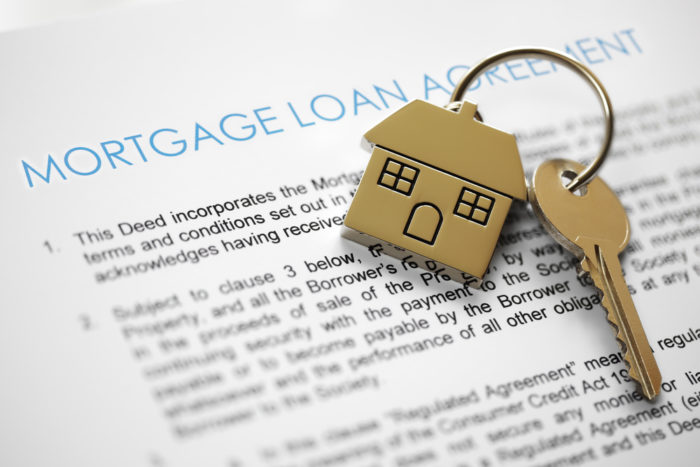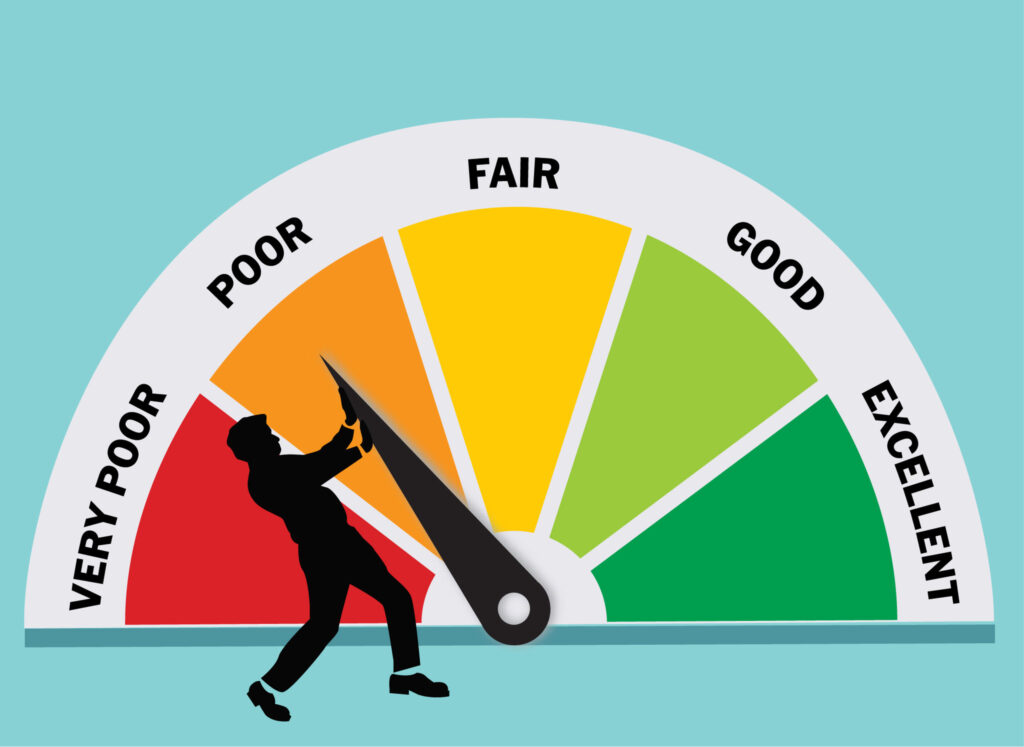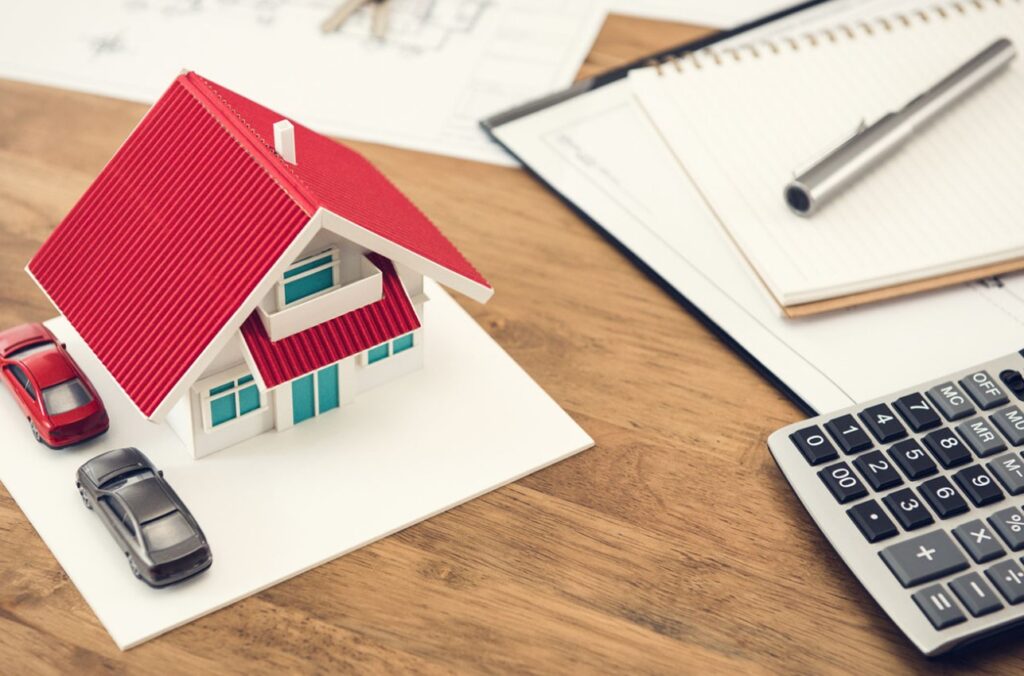Buying a home is a wonderful accomplishment, but the mortgage process can cause plenty of headaches. Unfortunately, it can be a tedious chore, but it’s also one that can save you tons of money if you’re taking the time to learn about your options before you apply.
As a first time home buyer – or even if you already have a mortgage – the key to getting the most out of it is by understanding those options. So where do you start? What should you know before you finalize that mortgage loan? These tips that will help you to prepare for a mortgage early and save money all throughout the loan contract.
1. Prepare Your Home – CFI Mortgage Credit Records
When applying for a mortgage for the first time, the first thing is to ensure that your credit record will allow you to get a mortgage with a favorable rate. It’s a good idea to check your credit record months before applying for the mortgage or to talk to a mortgage expert like the ones at Christensen Financial to make sure you’ve done everything you can to save on your mortgage.
The information in your credit report is what the lender uses to determine whether you are eligible for the mortgage or not. If there are any errors in the report, it might take several months to eliminate them. That is why you need to conduct the analysis early enough to allow you ample time for rectification.
A good credit record gives you a better chance of qualifying for a mortgage from many lenders. Also, it gives you the option of acquiring a mortgage at a lower interest rate. As a result, your mortgage loan will be cheaper in the long run. To learn more about lower a mortgage interest rate, click here.

2. Compare Different Lenders
After you have ironed out your credit record issues, you can visit different lenders to compare their terms of service. That will help you determine the lender with the most favorable mortgage terms. The information you get will help you know each lender’s willingness and ability to handle your situation.
Ask the lender about all the procedures you have to go through to qualify for the mortgage. Also, ask them for a list of all the documents you need for a successful application.
3. Complete the Application before Searching For a House
The biggest mistake you can make is starting to shop for a house without acquiring a mortgage. The feeling of owning a new home might be overwhelming, but you have to restrain yourself from the temptation of making outrageous decisions. Even after a successful conversation with your mortgage lender, you have to factor in some aspects before deciding the house to buy.
When choosing the house to buy, consider the property’s entire cost, including the taxes, insurance, and other fees associated with owning the home.

4. Get Approval for Your Application
To qualify for a mortgage, the lender evaluates your assets and the money you earn. You don’t have to be present when the lender is conducting the evaluation. They only need documents that reflect your qualification. After verifying that you can successfully pay back the amount you borrow, the lender will lend you the money you require.
Before getting the mortgage, you will fill out a mortgage application form, pay the specified mortgage application fees, and avail all the relevant documents. After assessing your documents, the lender will check your credit score and offer you a mortgage corresponding with your qualification. After the process is complete, you will know the specific amount of money the lender will provide you with, and you can then proceed with the bargaining process.
5. Proceed With the Purchase Process
If you are buying a house for the first time, you might encounter a few challenges. Before purchasing the home, you have to know the procedures to take to make the right decisions.
First of all, you should work with a trustworthy real estate agent for advice on how the buying procedure entails. The agent will find you a house that meets your requirements considering your budget. Once you identify the house you prefer, you will sign a purchase and sale agreement, which you will take to the lender after inspecting the home.
The lender will request an appraisal of the home, and you will have to buy a homeowner’s insurance. You must conduct the final inspection of the house before completing the deal.

6. Don’t Request For another Loan in a Few Months
It might be challenging to acquire another loan immediately after getting a mortgage. If you apply for another loan immediately after getting the mortgage, you can affect your credit score and even influence your mortgage loan’s interest rate. Applying for several loans within a short time puts you at a higher risk of disqualification by most lenders.
7. Avoid Costly Purchases
If you purchase any extravagant commodity that exceeds your monthly expenses after getting a mortgage, you might have problems paying it back. You should avoid buying a new car, toys, or electronics after getting a mortgage. You might feel tempted to buy a new vehicle so that you can enjoy it alongside your new house. However, this is not the right time.
Buying a new car could indicate that you are ready to pay off the remaining debt, and you could be sending the wrong message to the lender. After getting a mortgage, wait for six to twelve months before buying any other lavish commodity to ascertain that you can manage your current payments. If you can manage them and you still have enough money to buy an expensive item, you can proceed with the purchase. However, it would help if you kept off all the expensive purchases until you have finished paying your mortgage.

To get the most out of your mortgage loan, you need to consider the tips above. As a first-time mortgage applicant, the pointers will guide you to get an affordable loan that you can manage alongside with your other expenditures. If you have already acquired a mortgage, the tips will discourage you from applying for more loans before paying back the mortgage and help you know the expenditures to avoid that might affect your repayment plan.









